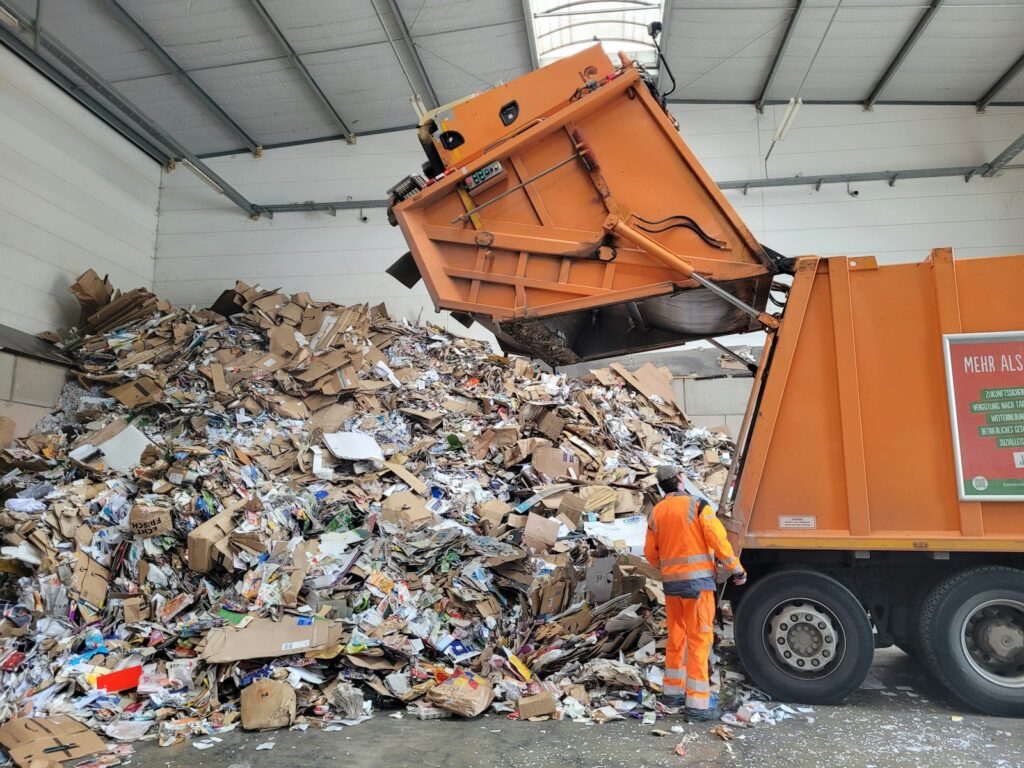Transport & Environment’s 2023 Travel Smart Ranking paints a damning picture of the efforts made by global companies to cut their environmental footprints from air travel.
The research aims to encourage businesses to look at ways in which they can slash flying emissions by 50% by 2025, compared with 2019 levels. Overall, this year’s investigation has found that 85% of the organisations listed have no credible plan to reduce corporate flying emissions. Just four companies managed a ‘gold standard’ in this context. This means they not only accurately report air travel emissions, but have committed to half these within two years and have produced a clear roadmap to do so.
In the 2023 ranking, the top ten biggest flying companies which are reporting on their air travel emissions, but have no clear plan to reduce, were Volkswagen, KPMG International, Johnson & Johnson, Accenture, Siemens, IBM, Microsoft, Alphabet Inc., Merck & Co, and SAP. If 10% of companies in the ranking, the biggest emitters, managed to meet the 2025 target, it would represent 50% of all air travel reductions needed to hit the goal of a 50% fall in all corporate flight emissions by 2030. You can read the full report here.
Perhaps most worryingly, business flying emissions are regularly being underreported. Many firms still focus specifically on CO2 output. However, non-carbon emissions, such as nitrogen oxides (NOx), account for a significant proportion of output from air travel. It is estimated that around two-thirds of the sector’s contribution to global warming comes from non-carbon emissions.
Smart Travel is now calling on governments to speed up and extend mandatory frameworks for corporate climate impact reporting, including air travel CO2 and non-CO2. The US and Germany are specifically referenced in the report as countries that have failed to introduce legal requirements with defined standards. This is in comparison to the UK and France, where regulations based on agreed measurement approaches are now fixed in law.
Earlier this week, Environment Journal published an in-depth feature looking at developments in technology that could help make the future of flying more sustainable. Read our investigation here.
Image: Patrick Tomasso

















